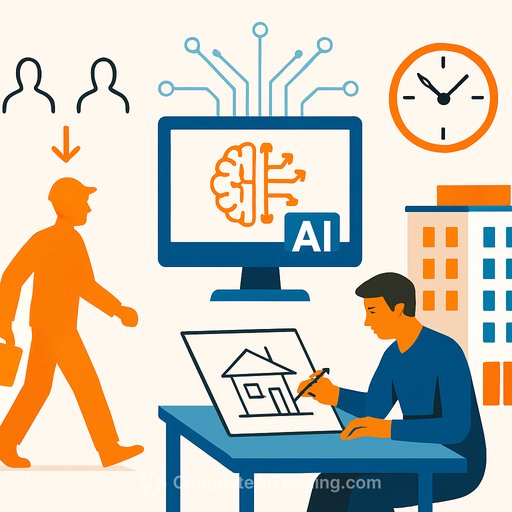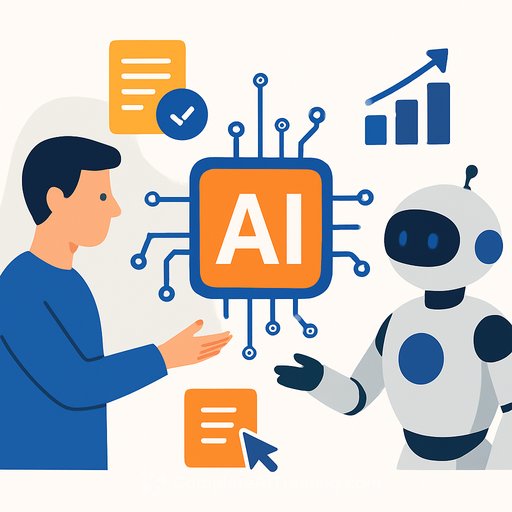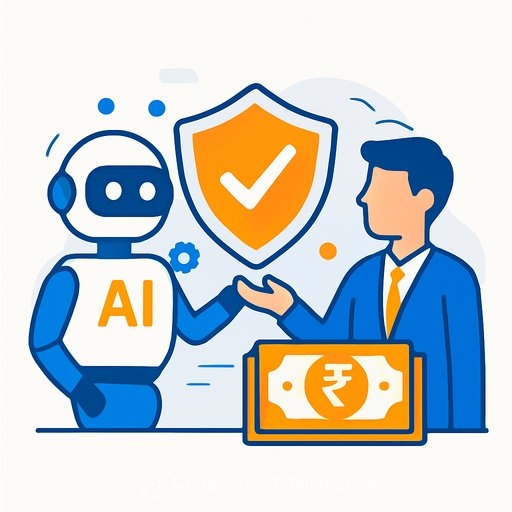Denver's New Playbook: Using AI to Shrink Government and Boost Efficiency
How can you make government work better with less? Denver's Mayor Mike Johnston believes the answer is artificial intelligence. He's positioning the city as a national leader in government AI, all while cutting budgets and staff.
At the recent DenAI Summit, Johnston promoted technology as the key to modernizing government. This push comes as his administration cut 170 city employees and proposed a 6 percent budget reduction, framing AI not as a luxury, but as a necessity for efficiency.
AI in Daily Operations
Denver isn't just talking about AI; it's already deploying it. The city's chatbot, Sunny, handles thousands of public service requests. Need a pothole filled, a ticket paid, or help finding resources? Sunny is the first point of contact.
This reliance on automation is set to increase. The proposed budget plans for Sunny to replace human customer service agents, cutting 10 positions and saving an estimated $2.8 million annually on 311 services.
Other city departments are following suit:
- Safety Inspectors use AI to optimize their driving routes, saving time and fuel.
- The Mayor's Office uses a tool called Chief AI to manage scheduling, replacing manual processes with an intelligent command center.
- The Police Department uses Flock, an AI-powered surveillance system, to track license plates and solve crimes, though it has raised concerns from civil liberty advocates.
The Push for a Risk-Tolerant Culture
Johnston is championing a move away from bureaucratic inertia. He argues that the risk of inaction is greater than the risk of trying something new and failing. This philosophy is evident in the city's creation of a "Chief AI and Information Officer" role to oversee implementation and standards.
The goal is to eliminate bottlenecks. Johnston points to the city's development permit process, where it can take 28 days just to acknowledge an application was received. With AI, he says, "that takes just one second." Mastering these kinds of automation tools is becoming a core government function.
Worker Skepticism and Ethical Hurdles
This rapid shift is not without friction. Some city workers fear being replaced by AI, a concern amplified by recent changes to layoff rules that reduce seniority protections. The use of private AI vendors also brings up questions about data privacy, energy consumption, and algorithmic transparency.
Johnston counters that the push for AI comes from employees who want to spend less time on repetitive tasks and more time on creative, human-driven work. He believes AI should augment, not replace, human decision-making.
The Future Role of AI in Governance
Will AI eventually govern and make laws? Johnston thinks not. He maintains that humans must make the moral choices that don't always compute mathematically. AI can provide the best possible information, but the final decision remains human.
Denver's experiment is a clear signal for government professionals everywhere. The pressure to do more with less is driving the adoption of new technologies. For those looking to stay ahead, understanding how to leverage these tools is no longer optional. It's essential for a modern career in public service. Learning these new skills is critical for any government job of the future.
Your membership also unlocks:






